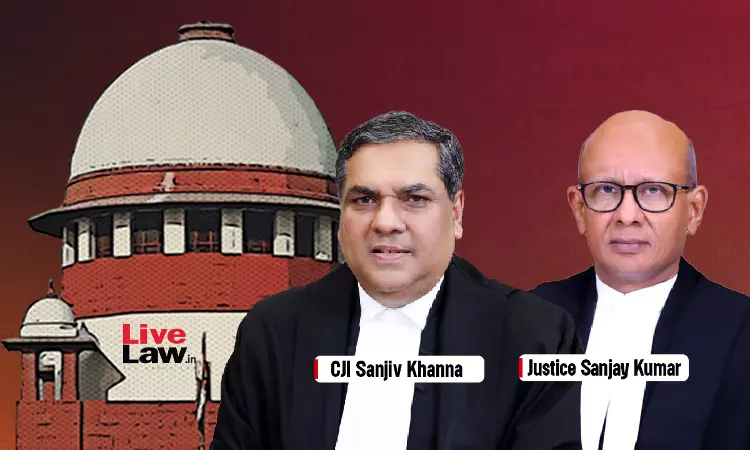State Govt Employee Who Worked On Deputation In Central Govt Dept Not Entitled To Pension As Per CCS Rules : Supreme Court
Yash Mittal
14 Jan 2025 12:56 PM IST

The deputee does not become a regular employee in the borrowed service/department, the Court held.
Next Story


